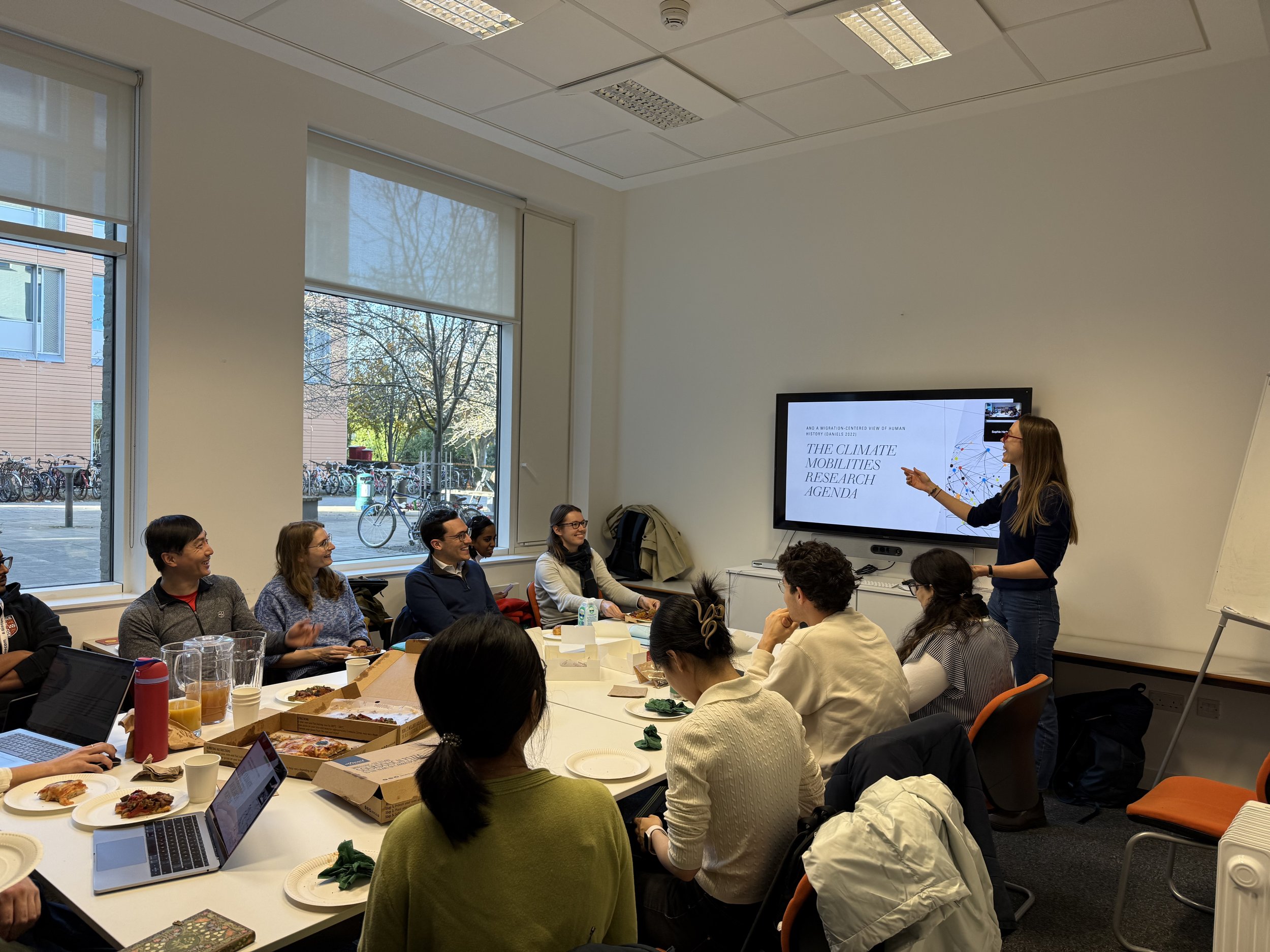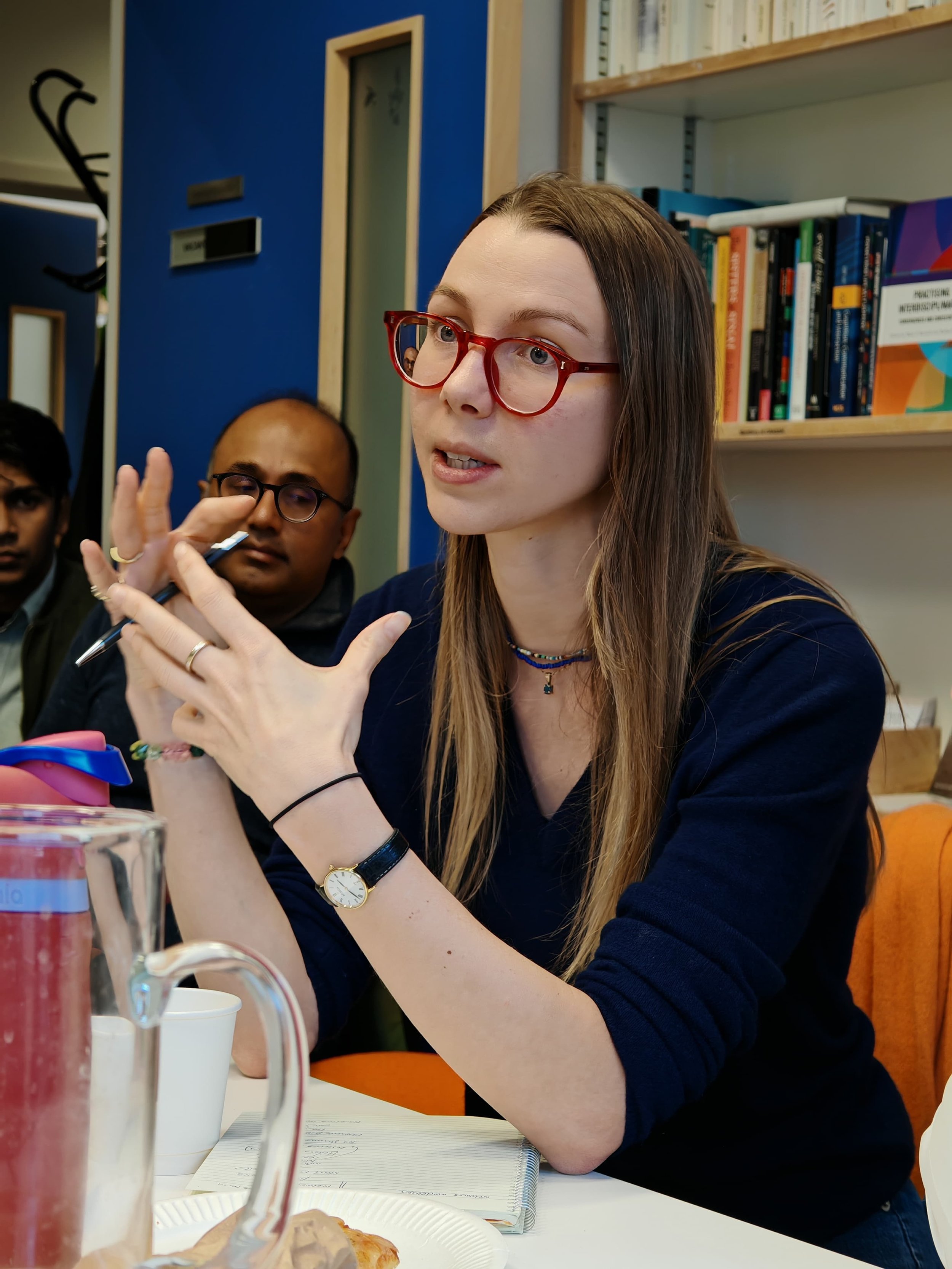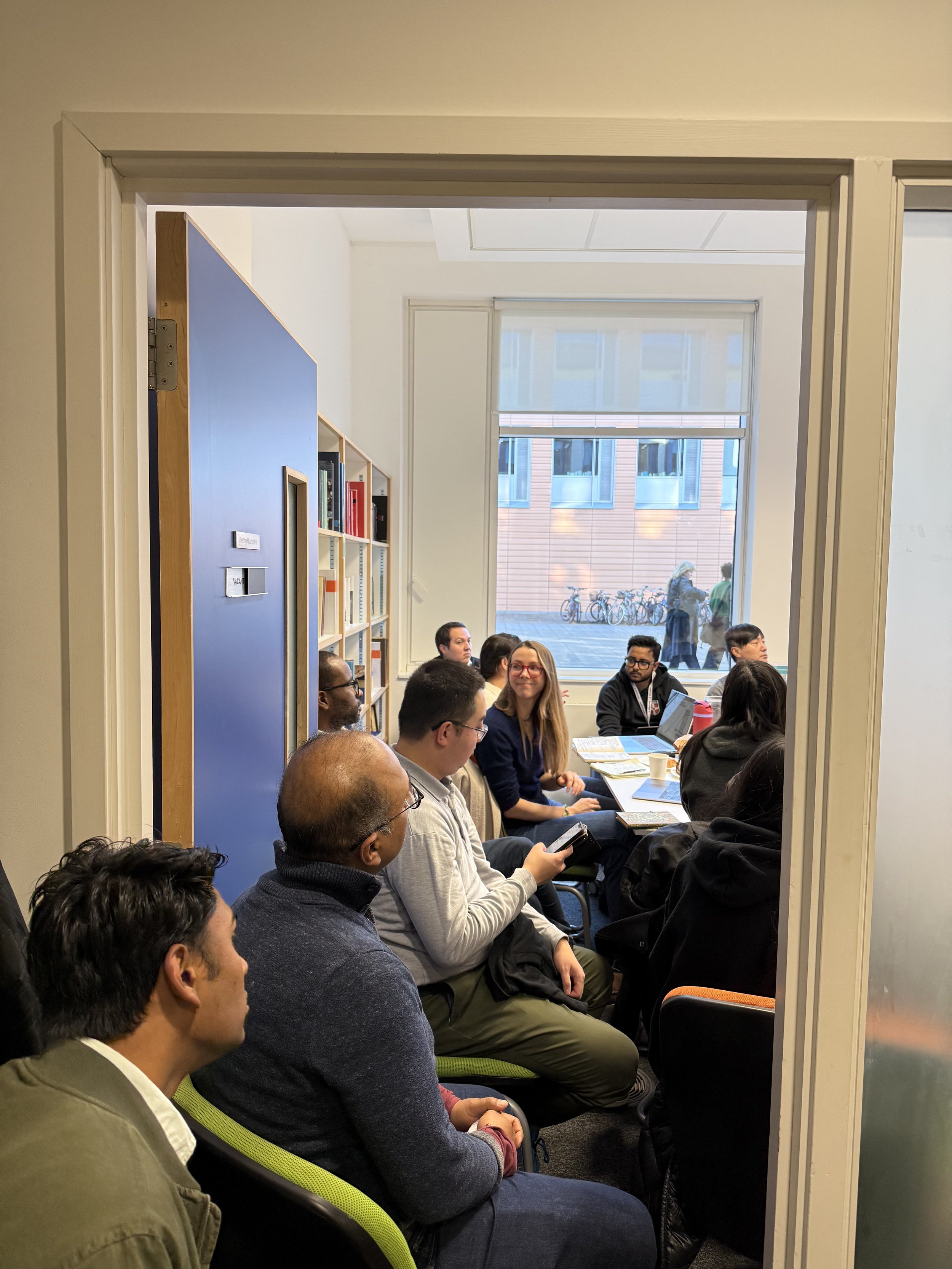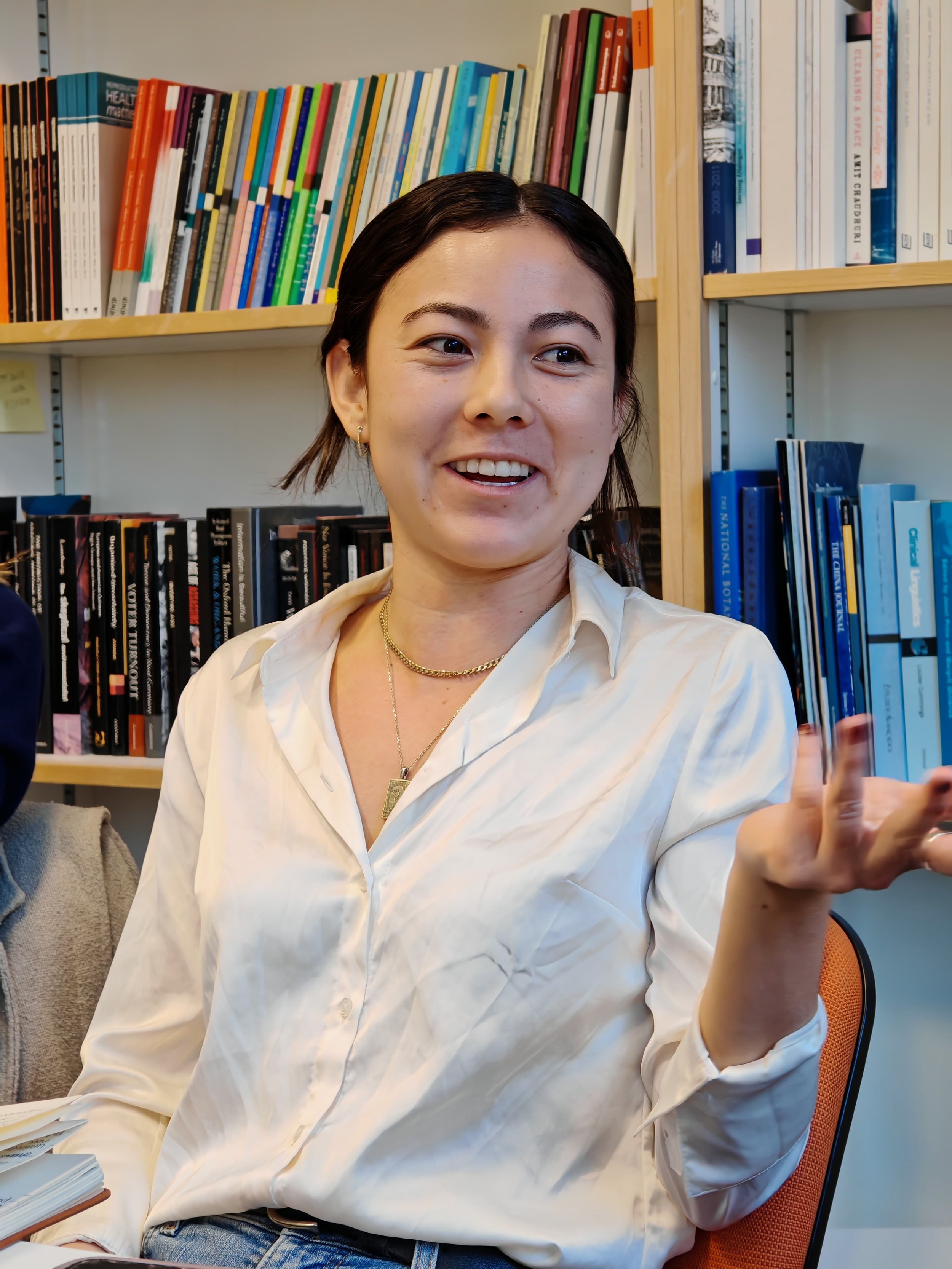Sophie Harbour (Department of Politics and International Studies (POLIS), University of Cambridge and the King’s E-Lab) will be presenting her work on “Methodologies of Climate Mobility”






About this session: From the study of migration – a distinct and well-developed field of research – ‘climate mobilities’ has emerged as a new term to encapsulate a range of experiences linked to the interrelationship between climate change and human movement. A ‘climate mobilities research agenda’ focuses on drivers and outcomes of migration and the more nuanced practices, motives, and experiences of mobility and immobility. In all its forms, climate mobility is emerging as one of the most complex and pressing puzzles of environmental, climatic and nature-based changes. Given the spread of disciplines which research on climate mobility must incorporate to comprehensively understand the phenomenon, an urgent challenge is to determine and develop appropriate methodologies - a challenge to which several groups of scholars have now turned. Different disciplines bring their own intrinsic assumptions, making the essential interdisciplinary work difficult. The best techniques to bring necessary scholarly fields together remains an open question.
When: Monday 11th of November
12.30-13.00 Light lunch and networking
13.00-14.00 Talk and Q&A
Where: CRASSH meeting room (Alison Richards Building) on the Sidgwick site.
Lunch: A light lunch will be provided, but bring along your drink of choice!
Zoom: You can also join us virtually on Zoom.
The weekly climaTRACES workshops, organised by Kamiar Mohaddes and Henning Zschietzschmann, are attended by a diverse group of people from economics, geography, politics, engineering, business, earth sciences, natural sciences, and history, generating interdisciplinary discussion. One person leads the session, on either a paper they have written, a work in progress, or just an idea they have and would like feedback on. This is also an opportunity for people to find our more about the team on what climaTRACES have been up to and what future events and research projects are being developed.
